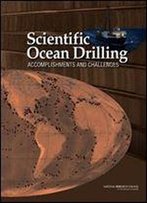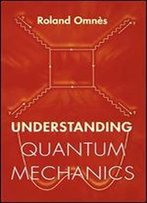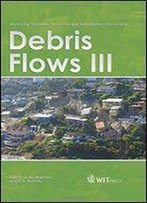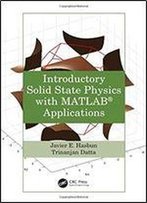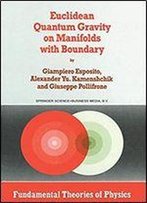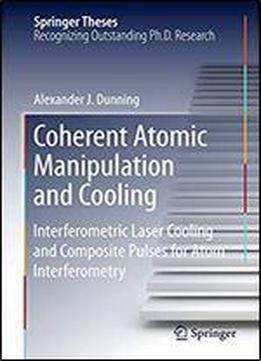
Coherent Atomic Manipulation And Cooling: Interferometric Laser Cooling And Composite Pulses For Atom Interferometry
by Alexander J. Dunning /
2015 / English / PDF
9 MB Download
This work unites the concepts of laser cooling and matter-wave interferometry to develop an interferometric laser cooling technique in an experimental system of cold rubidium atoms. Serving as an introduction to graduate level coherent optical atomic manipulation, the thesis describes the theory of stimulated Raman transitions and atom interferometry, along with the experimental methods for preparing and manipulating cold atoms, before building on these foundations to explore tailored optical pulse sequences and novel atomic cooling techniques.
Interferometric cooling, originally proposed by Weitz and Hansch in 2000, is based upon the coherent broadband laser pulses of Ramsey interferometry and in principle allows laser cooling of atomic and molecular species outside the scope of traditional Doppler laser cooling. On the path toward cooling, composite pulses – quantum error correction methods, developed by chemists to mitigate the effects of in homogeneities in NMR spectroscopy – are investigated with a view to improving the performance of atom interferometers.


